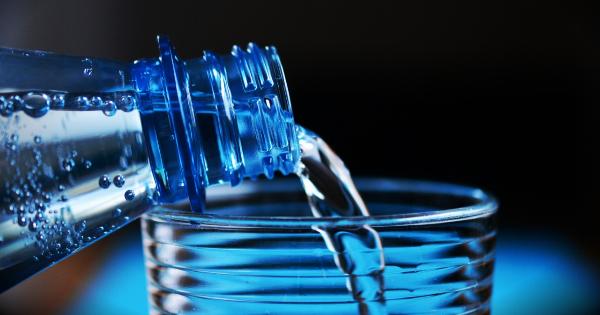Dehydration occurs when the body loses more fluid than it takes in. It can happen to anyone, but it’s especially dangerous for seniors and young children.
This guide will help you recognize the signs and symptoms of dehydration so you can get the treatment you need before it’s too late.
What Causes Dehydration?
Dehydration is caused by a variety of factors, including:.
- Not drinking enough fluids
- Excessive sweating
- Vomiting or diarrhea
- Diabetes
- High fever
- Not drinking enough fluids during or after exercise
Signs and Symptoms of Dehydration
The signs and symptoms of dehydration can vary depending on the severity of the condition. Mild to moderate dehydration may cause:.
- Feeling thirsty
- Dry mouth and/or throat
- Dark urine
- Headache
- Dizziness or lightheadedness
- Fatigue or weakness
If left untreated, severe dehydration can cause:.
- Rapid heartbeat and breathing
- Low blood pressure
- Lethargy or confusion
- Fainting or unconsciousness
- Seizures
- Permanent organ damage
How to Prevent Dehydration
The best way to prevent dehydration is to drink enough fluids throughout the day. Here are some tips:.
- Drink water before, during, and after exercise
- Drink water with every meal
- Carry a water bottle with you at all times
- Avoid sugary drinks and alcohol, which can dehydrate you
- Eat water-rich foods like fruits and vegetables
- If you’re in hot weather, wear light-colored, loose-fitting clothing and avoid being outside during the hottest parts of the day
When to Seek Medical Attention
If you or someone you know shows signs of severe dehydration, seek medical attention immediately. Dehydration can be life-threatening, and prompt treatment is essential.
Treatment for Dehydration
The treatment for dehydration depends on the severity of the condition. Mild to moderate dehydration can often be treated by drinking fluids, particularly water and electrolyte solutions.
Severe dehydration may require intravenous fluids and hospitalization.
Conclusion
Dehydration is a serious condition that can have severe consequences if left untreated. Recognizing the signs and symptoms of dehydration and taking steps to prevent it is essential for staying healthy.
If you or someone you know shows signs of dehydration, seek medical attention immediately.




























